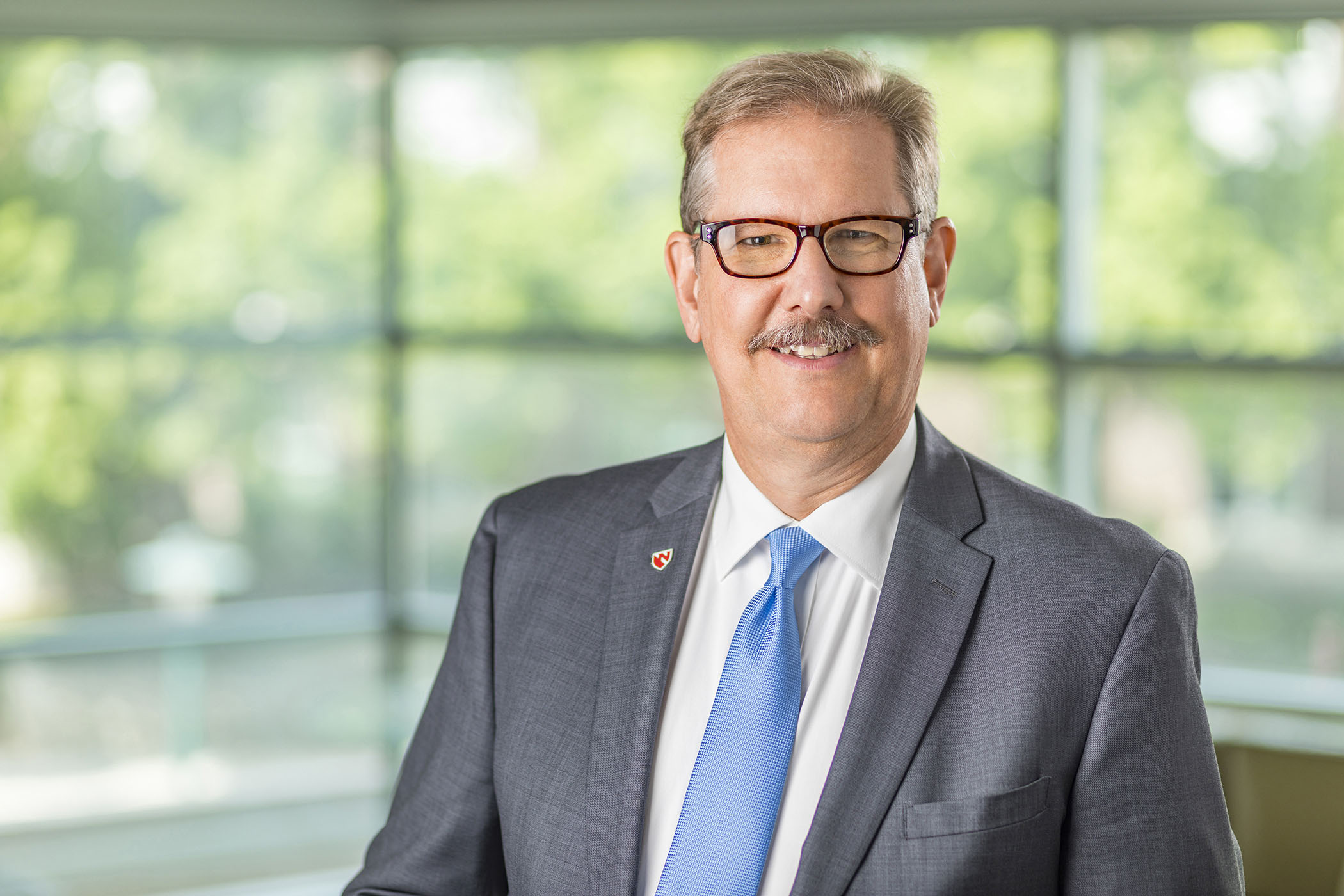May is Mental Health Awareness Month, and the UNMC wellness team – Steve Wengel, MD, Sarah Fischer, PhD, and Priya Gearin, MD – will be discussing mental health topics weekly in UNMC Today. Dr. Wengel is UNMC’s assistant vice chancellor for campus wellness and a professor in the UNMC Department of Psychiatry.
Do you often feel “blue” or “down in the dumps?” We all have our ups and downs in terms of our mood – it’s part of being human. It’s normal to have the occasional day when we feel sad or less energetic. Usually tomorrow or the next day will be better.
But what if those “down” days won’t stop? How can we tell the difference between normal “bad mood days” and actual clinical depression?
Depression’s main symptoms include:
- A persistently sad mood.
- Loss of interest in most of your usual activities.
- Changes in appetite – too high or too low.
- Insomnia or excessive sleeping nearly every day.
- Slowing down or speeding up of mental and physical activities.
- Very low energy level.
- Feeling worthless or inappropriately guilty.
- Trouble concentrating.
- Recurrent thoughts of death and dying, possibly complicated by suicidal thoughts.
For a diagnosis of clinical depression, a person needs to have at least five of those symptoms, and one of them must be sad mood or loss of interest. These symptoms need to be there for at least two weeks and cause significant distress to a person. In actuality, most people with clinical depression suffer much longer than two weeks before seeking help.
Note that a person does not need to feel sad or depressed to have the illness we call “depression.” Men, for example, often don’t report feeling sad when depressed, but may become more irritable than usual. So depression can sneak up on a person gradually and not be obvious to the person with depression, but is usually more evident to those around them, who notice that the person is “just not themselves.” They often pull back from normal activities and don’t initiate social contact, for example.
Where can you turn to for help?
For those normal “down” days, many people find that being more active physically can help a lot. Getting outside for a walk, a run or a bike ride, for example, can very helpful for our mood. Reaching out to a friend for a chat or a meal also is a great thing to do. Others find that writing down how they feel lets them deal with negative emotions a lot more effectively.
Getting enough sleep also is important. Sometimes focusing on getting the recommended seven to nine hours of sleep every night can really help our mood and energy level.
Sometimes, though, doing it yourself just isn’t working as well as you want it to. We all can benefit from some professional help from time to time. A good place to start is with your primary care provider, who can screen you for depression as well as common physical causes of low energy and low mood. Primary care providers also can prescribe medications to help depression, when it’s appropriate to do so, and can help you find a mental health provider when that’s necessary, as they work with these fellow professionals regularly.
Additionally, UNMC employees and their family members can take advantage of our Employee Assistance Program (EAP) and are eligible for up to five no-cost counseling sessions per event. If you need something more, the EAP staff can help you find other providers who can help. Nebraska Medicine employees have their own EAP called CuraLinc.
UNMC students can use Counseling and Psychological Services (CAPS) for no charge, and UNMC residents can contact Susan Smith with the House Officer Assistance Program (HOAP). See more about that program at this link.
